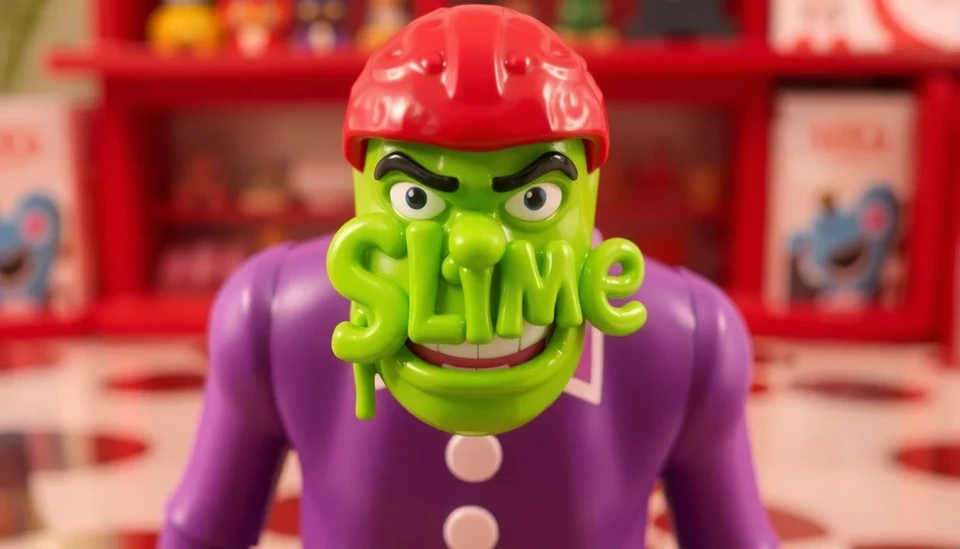
In a compelling turn of events in the world of licensing and trademarks, a prominent toymaker has announced its intention to challenge the sale of a movie titled "Slime" by Paramount Pictures. This unexpected legal confrontation centers around the usage rights of the term "slime," which the toy company argues is closely associated with its own branded products.
The toymaker, known for its colorful and gooey creations that have captured the imaginations of children, claims that Paramount's film title could create confusion among consumers. They assert that the film's promotional materials may lead the public to erroneously associate the movie with the toy line, ultimately diluting its brand identity.
This legal dispute arises as Paramount aims to expand its entertainment portfolio with a film aimed at leveraging the popularity of slime-themed toys. With the growing trend of children and young audiences flocking to slime as both a toy and a cultural phenomenon, the toymaker feels that its rights are being infringed upon. The company's lawyers argue that the word "slime" represents a significant aspect of their brand identity forged over several successful years in the toy market.
The toymaker is not just reacting to potential brand confusion; it is also concerned about the financial implications of the film's release. The combined market presence of the movie and the toy brand could lead to lost revenues if consumers mistakenly associate the film with the toy line, especially if the film's content does not align with the values or quality associated with the brand.
As a strategic move, the toymaker has taken steps to secure its trademark rights more rigorously, possibly signaling a wider trend where companies are prepared to defend their intellectual property against major studios. With the stakes high in an age of intellectual property conflicts, particularly regarding branded products and media portrayals, this case could set a precedent for how similar disputes are handled in the future.
Paramount, meanwhile, is preparing to counter the claims by emphasizing the broad usage of the term "slime" in popular culture. The studio's representatives have reiterated that the term is a generic descriptor and that their film does not attempt to infringe upon the toy company’s established market.
The situation continues to develop as both parties gather evidence and prepare for a potential court battle. It remains to be seen how the courts will interpret the trademarks involved and whether they will favor the toymaker's claims or uphold Paramount's rights to leverage common terminology in its upcoming film.
This legal tussle highlights ongoing tensions between entertainment giants and toy manufacturers, illuminating the complex relationships within the contemporary market where ideas and branding frequently intersect.
#Toymaker #Paramount #TrademarkDispute #Slime #LegalBattle #IntellectualProperty #EntertainmentNews
Author: John Harris




